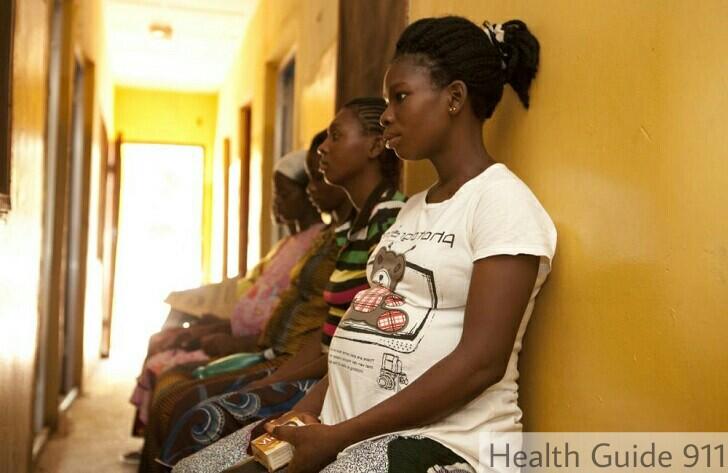Being pregnant is an amazing experience, but to say it's all roses and awesome would be misleading. There are times during pregnancies that mothers have felt so uncomfortable, sick, worried about finances, antenatal care services, proximity to delivery facilities and the actual delivery. But truly “a mother’s joy begins when new life is stirring inside” her.
For these reasons, maternal Health care remains the most pressing of global health priorities, and in Ghana, reduction of maternal mortality is among one of the important pillars of healthcare delivery
The Maternal Health Survey report for 2017 has been launched and it showed progress in overall maternal health as compared to the results of 2007.
As per the survey results, maternal mortality rate stood at 310 per a 100,000 live births as compared to 319/100000 in 2007. This could be attributed to the fact that almost all women age 15 - 19years received antenatal care from a skilled provider and institutional delivery has also increased in the last 10 years.
The country has made several high level initiatives towards achieving Millennium Development Goal (MDG) 5. Notable examples include, Making Pregnancy Safer Initiative, the Campaign for Accelerated Reduction of Maternal Mortality among many others.
Speaking at the launch, the UNFPA Country Representative, Niyi Ojuolape, noted stories like declining in fertility rate in women in Ghana to 3.9 children per a woman and increase in contraceptive use to 25 percent of married women and 30 percent of unmarried women are positive stories that should urge on all key players in ensuring safe and sound maternal health. He however pointed out that bad stories such as becoming a teenage mother is risky to both baby and the young mother and for this reason the UNFPA and UNICEF with support from the Canadian government will implement adolescent girls’ programmes that seeks to address teenage pregnancy among others. “The launch of the report is an important milestone in the trajectory towards reduction of maternal mortality and morbidity in Ghana” he emphasized.
The abridged version of the report can be assessed online:
https://dhsprogram.com/pubs/pdf/SR251/SR251.pdf


